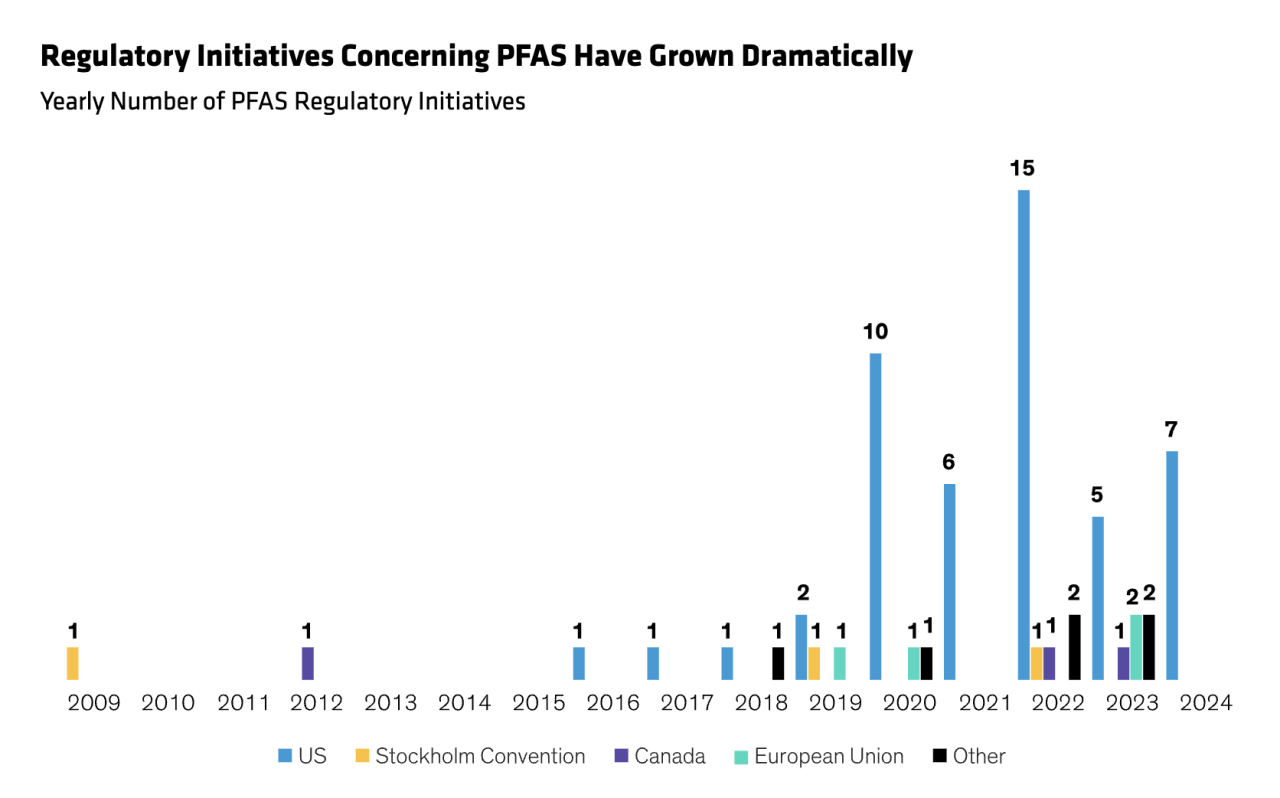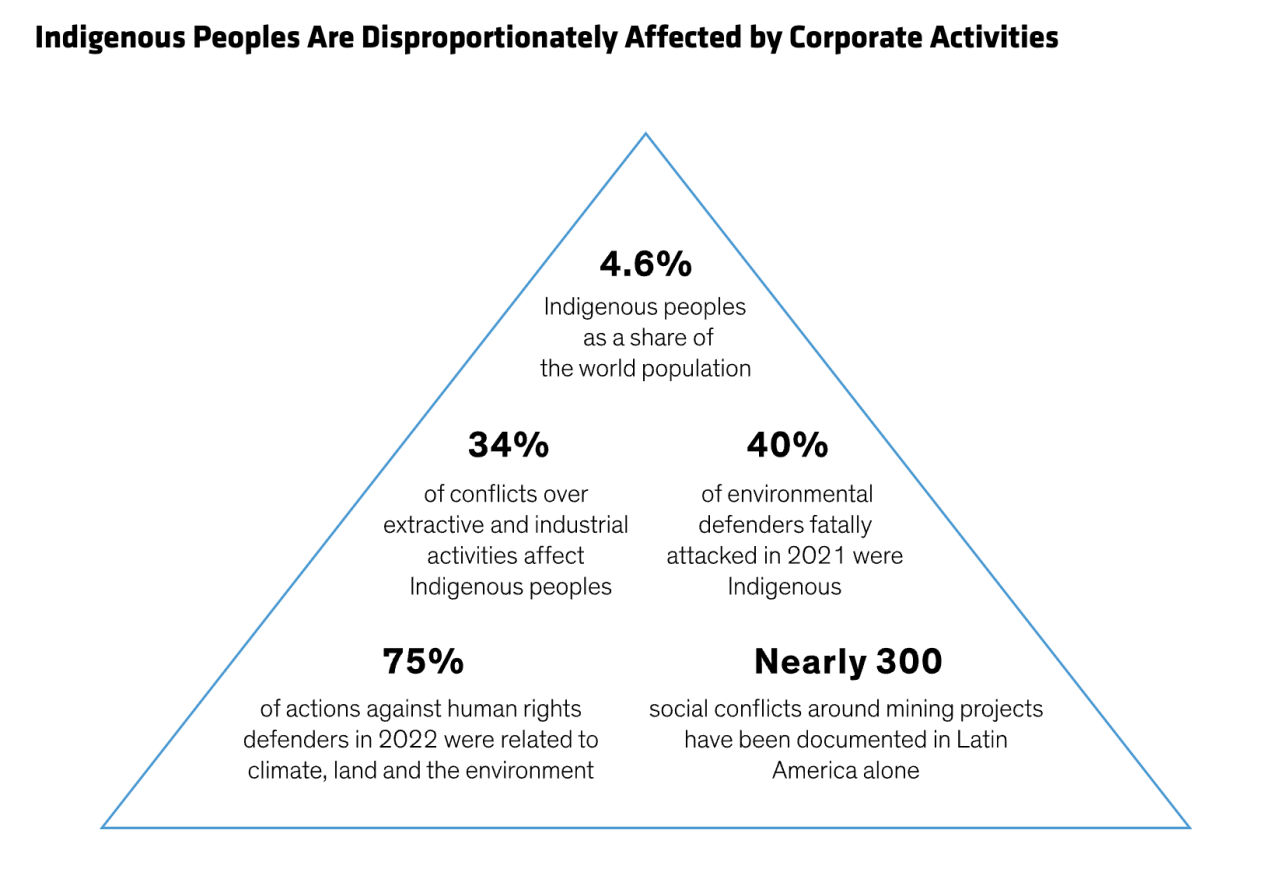- Experts Believe Dogecoin, SUI, And FXGuys ($FXG) Create The Perfect 100x Portfolio
- Best stocks to invest for retirement: A comprehensive guide to building a stable portfolio
- Al-Ahly Mortgage Finance aims to grow portfolio to EGP 4bn by 2024-end
- A High-Yield, High-Growth Portfolio For Financial Independence And Early Retirement
- Bitget Expands Futures Portfolio with DEXEUSDT and 75x Leverage Support
Published 9 hours ago
Bạn đang xem: AllianceBernstein: Human Rights and Portfolio Risk: Why Investors Should Think Big
Submitted by AllianceBernstein
Erin Bigley, CFA| Chief Responsibility Officer
Luke Pryor| Portfolio Manager—Security of the Future; Co-Portfolio Manager—Strategic Equities and Responsible US Equities
Guidelines on human rights have helped shape some of the key principles of corporate responsibility. Increasingly, however, governments are hardening guidelines into law. Penalties for companies that fail to comply may be severe—but the risks to investors can be mitigated, in our view, by the right approach to research.
The launch in July 2024 of the European Union’s Directive on Corporate Sustainability Due Diligence (CSDDD) reflected a global trend for a tighter regulatory approach to ensure that businesses behave appropriately regarding human rights and the environment.
Previously, the regulatory regime had relied on persuasion, rather than enforcement. In 2011, for example, the UN Guiding Principles on Business and Human Rights (UNGPs) recognized that, under international law, companies have a duty to respect human rights. While not legally binding, the UNGPs formed the cornerstone of the business and human rights legal framework.
The CSDDD incorporates the standards of the UNGPs and other voluntary schemes but makes them mandatory for companies that meet certain criteria, such as net worldwide turnover of more than €450 million ($493 million) for EU companies, and net turnover generated within the EU of more than €450 million for non-EU companies. Financial penalties for companies that do not comply are steep, with the maximum penalty to be at least 5% of global turnover.
Compliance requirements and fines are not the only challenge for companies and investors. Like the voluntary frameworks, the emerging legally enforceable regulations are likely to differ across jurisdictions, exposing companies to multiple requirements. The new regulations are also pushing investors to think more broadly about how they account for human rights in their portfolios.
More Rights, More Risks
Xem thêm : Dogecoin Price Drop: Why Traders Remain Optimistic Amidst Concerns
Investors often associate human rights with issues related to poor working conditions, such as inadequate wages, unsafe working environments or exploitative labor practices. Many companies address these issues by publishing modern slavery statements and by implementing labor-practice codes of conduct along their supply chains.
But the recognized range of human rights extends well beyond the workplace and modern slavery and includes such areas as health, Indigenous rights, equality and nondiscrimination. The shift from voluntary to mandatory regulation provides impetus for investors to incorporate these and other rights into their investment processes (Display).

Case Study 1: The Right to Health
Per- and polyfluoroalkyl substances (PFAS) are synthetic chemicals used in a variety of industrial applications because of their resistance to heat, water and oil. As they do not break down easily, they accumulate in both the environment and human bodies and have been linked to severe health risks. Regulatory action around PFAS has increased sharply in recent years (Display).
Many companies are facing major PFAS-related litigation. During the last two decades, for example, one major manufacturer has faced about 4,000 lawsuits linked to products containing PFAS. In 2023, the company reached an agreement to pay $10.3 billion over 13 years to fund public water suppliers in the US that have detected PFAS chemicals in drinking water. The settlement reflects only a portion of the company’s legal liabilities, however, and more lawsuits are expected, including personal injury and environmental litigation.

Case Study 2: Indigenous Rights
The site of a proposed copper mine in the US is estimated to hold more than 40 billion pounds of the metal, which is a crucial component of electric vehicles and most electronic devices. But the site is sacred to a Native American tribe. The mine, if built, would create a crater nearly two miles wide and more than 1,000 feet deep. As well as destroying the sacred site, the mining process would use—and allegedly pollute—6.5 billion gallons of water a year.
Such controversies are not unusual, as Indigenous peoples are disproportionately affected by business activities (Display).
The project has faced numerous legal challenges, with Indigenous groups filing lawsuits to halt the land transfer and mining operations. Estimates suggest that the mine’s backers have invested more than $2 billion so far and that progress has been delayed by a decade.

Case Study 3: AI and Rights to Equality and Nondiscrimination
In 2014, a US company began developing an AI-driven recruitment tool designed to automate the review of job applicants. In 2018, the system was said to have favored male applicants over female ones because it had been trained on historical data from predominantly male resumes. The company scrapped the tool in response to public criticism and regulatory concerns.
Think Big and Dig Deep
Xem thêm : Should You Add an Annuity to Your Retirement Portfolio in 2025?
The challenge posed to investors by the evolving human rights landscape is two-fold: Regulation is becoming compulsory rather than voluntary, with the potential for financial penalties that could adversely affect company valuations. And investors are being steered toward broadening the range of human rights issues they address in their strategies.
Investors can mitigate these risks, in our view, by thinking big and digging deep—in other words, by looking at human rights issues from the broadest possible perspective and using fundamental research and corporate engagement* to understand how these rights intersect with each other, with corporate sustainability, and with their investment strategies and objectives.
*AB engages issuers where it believes the engagement is in the best financial interest of its clients.
The authors would like to thank Roxanne Low, ESG Analyst with AB’s Responsible Investing team, for her research contributions.
The views expressed herein do not constitute research, investment advice or trade recommendations and do not necessarily represent the views of all AB portfolio-management teams. Views are subject to change over time.
Learn more about AB’s approach to responsibility here.

AllianceBernstein
AllianceBernstein
AllianceBernstein (AB) is a leading global investment management firm that offers high-quality research and diversified investment services to institutional investors, individuals, and private wealth clients in major world markets. We believe corporate responsibility, responsible investing and stewardship are intertwined. To be effective stewards of our clients’ assets, we strive to invest responsibly—assessing, engaging on and integrating material issues, including environmental, social and governance (ESG), and climate change considerations in most of our actively managed strategies. We also believe that strive to hold ourselves as a firm to similar practices that we ask of issues. Our stewardship practices, investment strategy and decision-making are guided by our purpose, mission and values.
Our purpose—pursue insight that unlocks opportunity—inspires our firm to act responsibly. While opportunity means something different to each of our stakeholders; it always means considering the unique goals of each stakeholder. AB’s mission is to help our clients define and achieve their investment goals, explicitly stating what we do to unlock opportunity for our clients. We became a signatory to the Principles for Responsible Investment (PRI) in 2011. This began our journey to formalize our commitment to identify responsible ways to unlock opportunities for our clients through integrating material ESG factors throughout most of our actively managed equity and fixed-income client accounts, funds and strategies. AB also engages issuers where it believes the engagement is in the best financial interest of its clients.
Because we are an active manager, our differentiated insights drive our ability to deliver alpha and design innovative investment solutions. ESG and climate issues are important elements in forming insights and in presenting potential risks and opportunities that can have an effect on the performance of the companies and issuers that we invest in and the portfolios that we build.
Our values provide a framework for the behaviors and actions that deliver on our purpose and mission. Values align our actions. Each value emerges from the firm’s collective character—yet is also aspirational.
- Invest in One Another means that we have a strong organizational culture where diversity is celebrated and mentorship is critical to our success. When we invest in one another, we empower our employees to reach their potential, so that they can help our clients realize theirs. This enables us to partner with clients to design and deliver improved investment outcomes.
- Strive for Distinctive Knowledge means that we collaboratively identify creative solutions to clients’ economic, ESG and climate- related investment challenges through our expertise in a wide range of investment disciplines, close collaboration among our investment experts and creative solutions.
- Speak with Courage and Conviction informs how we engage our AB colleagues and issuers. We seek to learn from other parts of our business to strengthen our own views. And we engage issuers for insight and action by sharing ideas and best practices.
- Act with Integrity—Always is the bedrock of our relationships and has specific meaning for our business. Unlike many other asset managers, we’re singularly focused on providing asset management and research to our clients. We don’t engage in activities that could be distracting, or create conflicts—such as investment banking, insurance writing, commercial banking or proprietary trading for our own account. We are unconflicted and fully accountable.
As of September 30, 2023, AB had $669B in assets under management, $458B of which were ESG-integrated. Additional information about AB may be found on our website, www.alliancebernstein.com.
More from AllianceBernstein
![]()
Nguồn: https://earnestmoney.skin
Danh mục: News



















